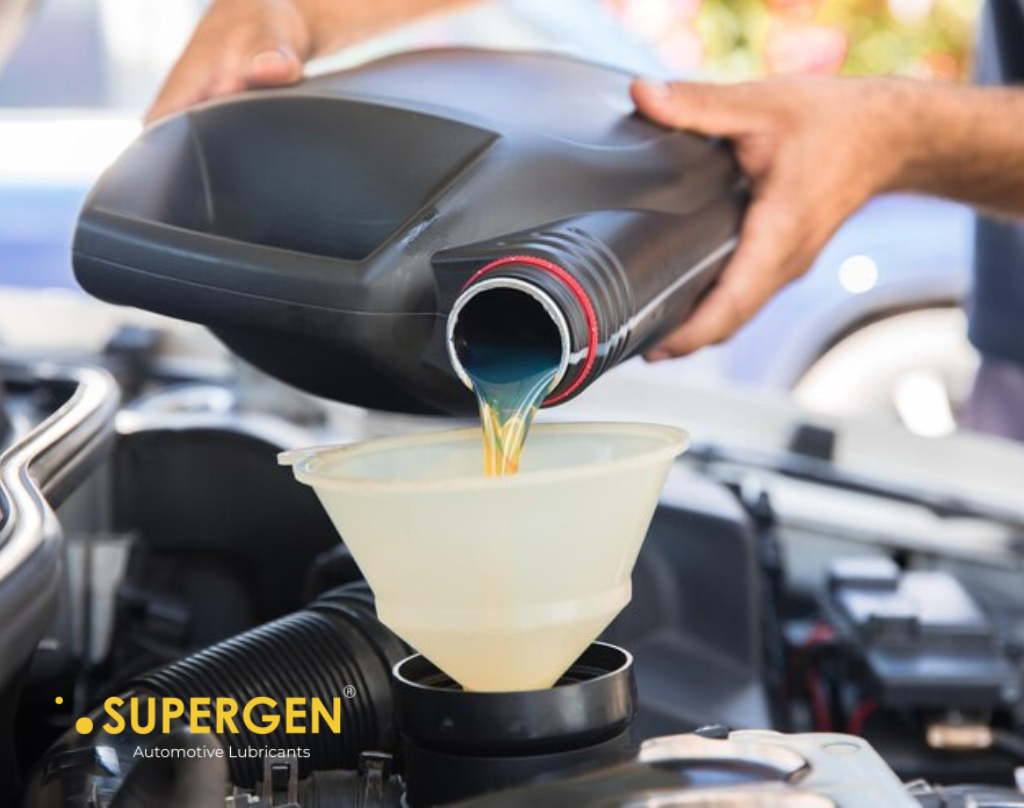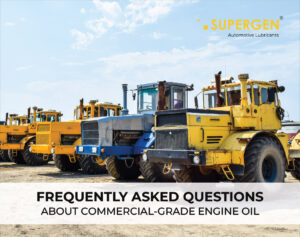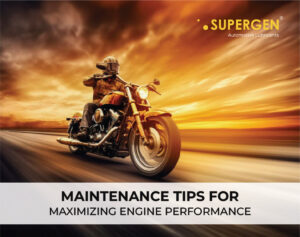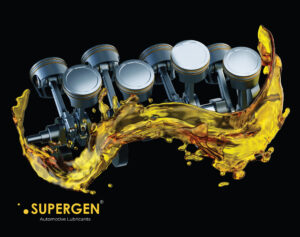Engine oil is essential to any internal combustion engine vehicles. It ensures that the internal system is well-lubricated and running smoothly. A good engine oil prolonged the life of the individual parts and the engine as a whole, reducing emissions as well. However, when you accidentally add too much oil during a top-up or oil change, it must be dealt with immediately as excess oil can, in fact, cause damage to the engine.
1. How to tell there’s too much oil
It’s important to understand the symptoms of excess engine before taking any further steps. There are two main characteristics to pay attention to- the first is exhaust smoke and the second is leaking oil. If the smoke is dense and white, it means that the excess oil may be burning. As for the leaking oil, make sure to check your oil plug as it may also just be loose.
2. Dangers/ effects of excess oil
There are a number of effects that may or may not become evident depending on the severity of the issue. The overfilled oil burning is only one of the many results to look out for, and to make sure there is no real danger in question, it is vital to prevent these issues before they increase.
3. Pressure issues
Too much oil can lead to higher pressure inside the engine, which may damage seals and gaskets. Specifically, it is the crankshaft heads and the tails that are affected the most. These parts will not be able to take the extra pressure and result in oil leaks.
4. Engine wear
In these scenarios, the parts of the engine will not be properly lubricated as required, and hence not be optimised. This will result in engine performance issues, poor acceleration, rough idling or even the engine stalling. This is all caused as the oil can affect the combustion process.
5. Oil contamination
The oil in the engine can become aerated, that is, filled with bubbles. This decreases its ability to lubricate the internal parts, potentially leading to engine troubles, as well overheating internally. Overfilling can also be the cause of oil foaming, which is the same issue but intensified.
6. Potential causes
Overfilling on engine oil has only one primary cause- either you or your mechanic added too much during an oil top-up. It is important to pay attention to just how much oil your engine needs, as well as draining the oil engine oil completely during an oil change. When replacing the filter, make sure not to add too much oil as well.
7. How to remove excess oil
Taking out the overfill will require an entire fresh oil change. If you have the means to do it, it is advisable to take your time and do the process step by step. First, you will have to use a jack to elevate the vehicle off the ground. Then, by removing the drain plug on the bottom, let all the oil flow out into a drain pan underneath.
8. Refilling the oil
Next, you have to remove the old filter and replace it with a new one. Then, refill the oil with the amount specified in the vehicle’s manual, in accordance to the kind of vehicle you own and what model it is. Make sure to dispose of the oil in a safe and eco-friendly way.
9. Mechanic’s help
As an oil change requires some special equipment and expertise, doing it by yourself may not always be feasible. If this process is too complex, or you’re just not comfortable doing it, take your vehicle to the nearest mechanic or professional to remove the excess oil properly.
10. How to know how much oil your vehicle needs
Generally, car engines require approximately 4 to 8 litres of engine oil. This differs greatly as per the vehicle, though a good rule of thumb to remember is:
- Four-cylinder engines need around 4.5 litres of oil.
- Six-cylinder engines use around 5.5 litres of oil.
- Eight-cylinder engines require between 4.5 to 7.5 litres.
Conclusion:
However, always check the lubrication section in your vehicle owner’s manual to know the exact amount of oil necessary. Using an oil dipstick or an electric sensor can be very useful in monitoring oil pan levels.








